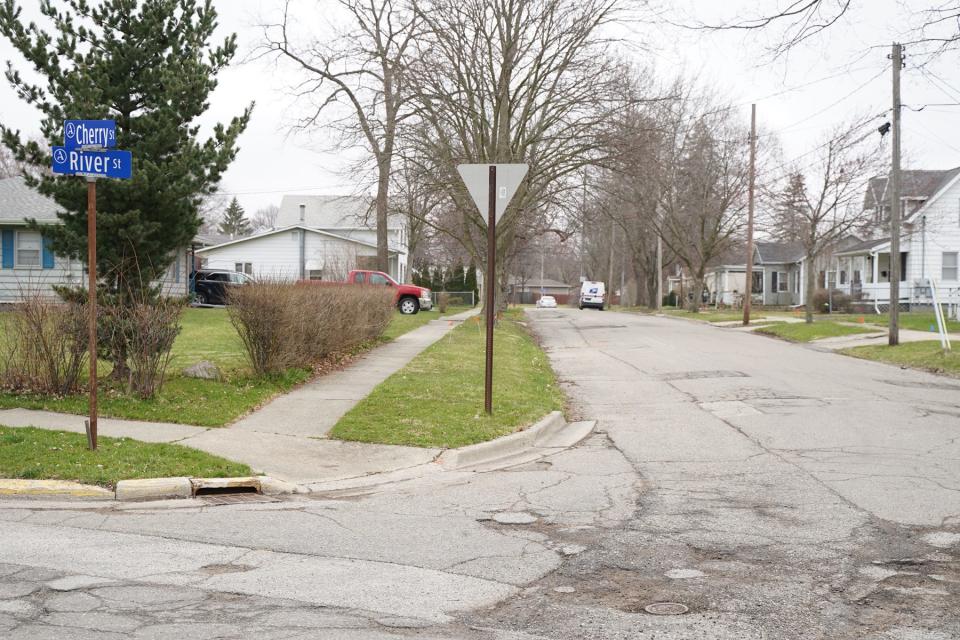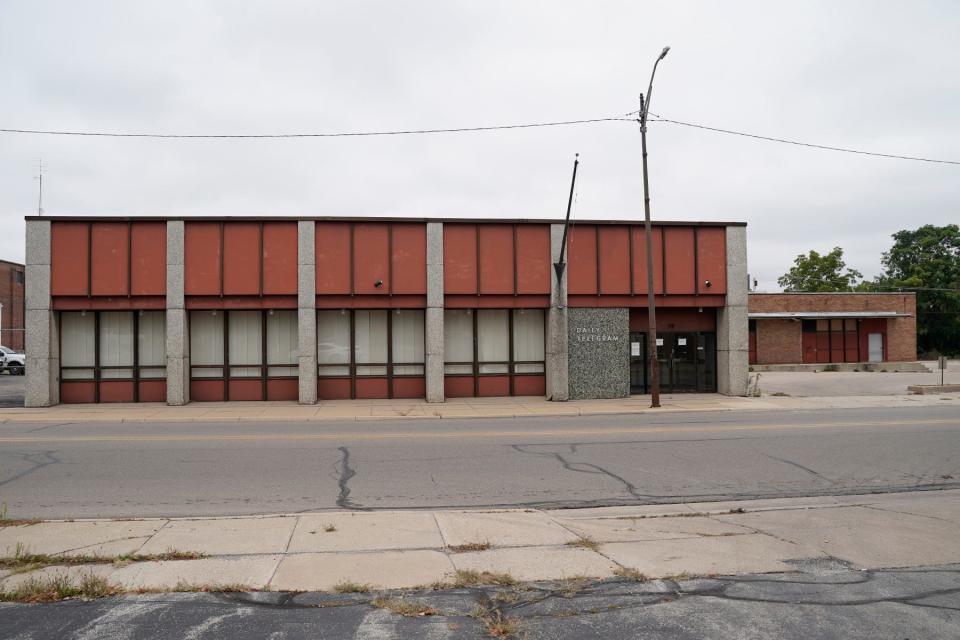Special assessment district policy, resolution to remove blight OK'd by Adrian commission
ADRIAN — An updated policy for special assessment districts and a resolution regarding remediation of contaminated property both were approved unanimously Monday by the Adrian City Commission.
Both the special assessment policy for street improvement projects and cleanup of North Winter Street properties have been discussed at length at previous meetings.
Adrian’s Engineering Services Department was recently tasked with finding an alternative way to assess street improvement projects based on the project as a whole rather than the city’s current way of assessing, which is based on material and labor costs.
An initial proposed policy was introduced to the commission Sept. 18. The policy was brought back Oct. 2 for additional review and feedback.
The new, four-page policy details what special assessment districts are and how the city will determine if assessments for road work should be levied.
Matthew Tomaszewski, Adrian’s engineering services director, previously said the city has been looking into the proposal because of complaints it has received about past practices for charging residents for new curb and gutter and driveway approaches when local street improvement projects are carried out.
The new plan calls for assessments to be based on a combination of property frontage and a percentage of the project’s cost. Single-family and duplex housing are proposed to be assessed at 15% of the project cost; multi-family housing assessed 20%; churches, schools, institutional and other tax-exempt properties (except public properties), 25%; and all other land uses including commercial, industrial, business and office properties assessed at 30%.

Tomaszewski said the amount property owners would be charged would still be similar to what is levied under the current practice.
Special assessment levies cannot be made unless they are preceded by a series of public notices and hearings which allow residents to address their concerns about the project.
According to its special assessment policy, the city of Adrian “has the ability to make public improvements such as installation of sanitary sewer, water, storm sewer, sidewalks and street improvements (including grading, curb and gutter, surfacing and lighting) by virtue of Act 188 of 1954 of the Michigan Legislature.”
The act allows municipalities to assess all portions of the cost of any improvements to property owners based on the benefits received from the project.
“I believe this policy will give the city more guidance for current and future assessment projects,” Tomaszewski said in a memorandum to the commission.
Now that it has been adopted, the special assessment policy could very well be put into action as the city continues to wrap up summer road projects for 2023.
Blight and environmental contamination removal
Properties along North Winter Street in downtown Adrian — including the former Daily Telegram office building at 133 N. Winter St. — have been vacant for some time and are considered blighted by the city of Adrian and pose “numerous safety and health hazards to the community.”
The structures at 155 N. Winter St. and 205 N. Winter St. — The Access Shoppers Guide and the former Adrian Eagles Hall, respectively — were condemned by the city Oct. 7, 2021.

With a vision plan in mind to rehabilitate that section of North Winter Street into affordable housing units, local project investors have requested all blight and contaminants to be removed from the area to make way for building demolition and then new construction.
A second phase of the project is what’s called the Downtown Adrian Riverfront plan, which aims to enhance areas of land along the River Raisin for a potential riverfront destination. The investors are also pushing to remove all such contaminants from the ground if there are to be riverfront enhancements including boardwalks and nature trails along the river.
A third facet of the riverfront and housing project is a streetscape plan to beautify the downtown section of North Winter Street.
The Michigan Department of Environment, Great Lakes and Energy (EGLE), which is working collaboratively with the investors and the city, said it prefers to use a vapor intrusion method to keep the contamination trapped in the ground as opposed to completely removing the contamination. Such a system would not allow any vapors in the soil or groundwater to enter buildings, for example, though cracks in the foundation.
The investors, through a resolution of support that the commission approved Monday, are asking the city commission and the Lenawee County Board of Commissioners to support the complete removal of the contaminants, which include arsenic, cyanide and other substances, all likely dating back to the late 1800s or the early 1900s.
Subscribe Now: For all the latest local developments, breaking news, and high school and college sports content.
The city’s approved resolution of support said the contamination issues “must be mitigated in the interest of public health and safety,” while adding the presence of contamination “adversely impacts the River Raisin’s aquatic and riparian ecosystems.”
The commission said it requests EGLE to also support and facilitate the physical removal of contamination “to the greatest extent possible.”
“The removal of blight and environmental contamination is consistent with the city of Adrian’s vision for a safe, healthy and vibrant community for all,” the resolution said.
This article originally appeared on The Daily Telegram: Adrian City Commission supports new special assessment district policy

